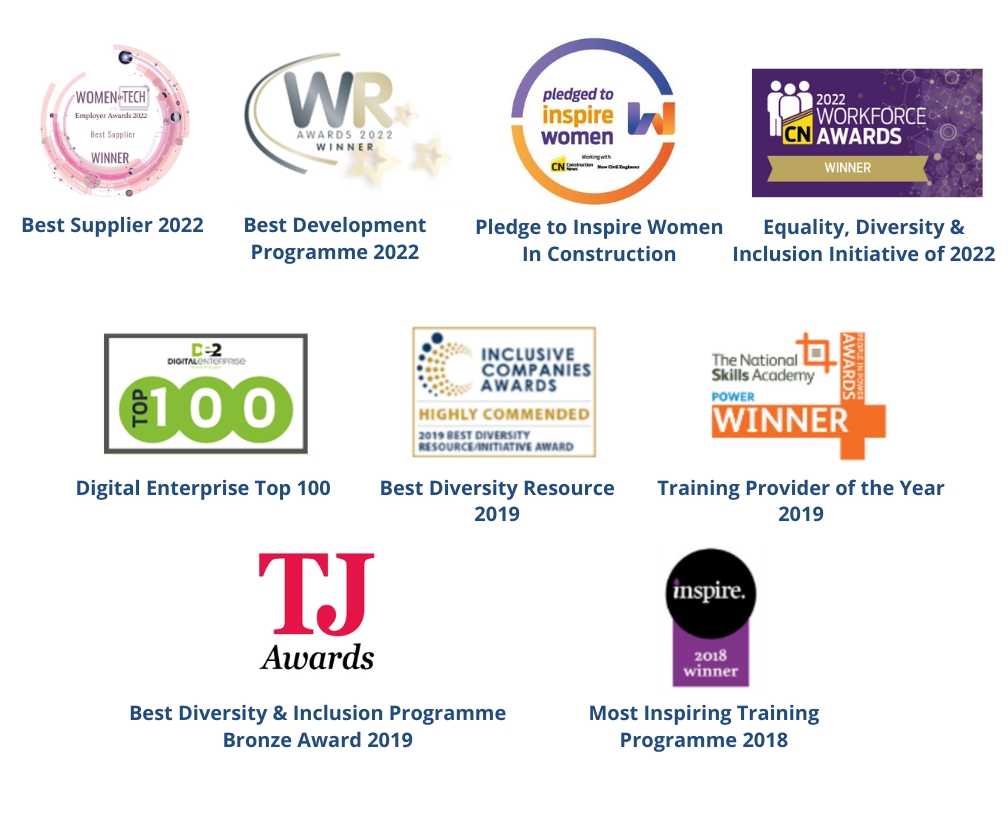Statistics like the above demonstrate that racism is still a major part of workplace culture, structures, and the everyday working lives of many people in the UK. Racism in the workplace tends to take three forms:
The above definitions come under Race discrimination, which has been illegal in the UK since 1976. Racial discrimination arises when someone is unfairly disadvantaged for reasons related to their race which, in the Equality Act 2010, includes colour, nationality and ethnic or national origins5.
One of the forms is microaggressions, or “death by a thousand cuts” and is one of the most commonplace forms of racism in the workplace. Whilst they may seem minor to the perpetrator, the person on the receiving end experiences stereotype threat, leading them to worry about their perception, their confidence goes, and their motivation can drop. Their mental health can suffer with victims often feeling angry and depressed which can result in them having lower work productivity and ultimately leaving the workplace.
Some examples of racial microaggressions are included below:

Microaggressions create a real disadvantage. The perpetrator delivering these behaviours or statements are often unaware of the demeaning action they have exchanged, sometimes they may even think they’re giving a compliment, for example: “your English is so good!”, when in fact all they are doing is labelling the person on the receiving end as different.
Microaggressions are rooted in our unconscious bias, but they can be both intentional and unintentional.
November 2022 demonstrated that workplace racism is very much alive in the UK, a review6 into London Fire Brigade found it to be “institutionally misogynist and racist” with multiple instances of poor behaviour and abuse across the entire organisation7.
Actively using an Inclusion & Diversity policy with relevant training demonstrates an organisation is taking its legal and moral obligations towards being an inclusive and diverse employer seriously.
Remove any opportunities for discrimination during recruitment by avoiding stereotyping, and using inclusive language. Sometimes, the easiest path is to remove all information from a form which could determine an applicant’s characteristics.
Promote clear standards of behaviour regularly and ensure a culture of responsibility for treating people with respect and dignity. Most importantly, adopt a zero tolerance approach to race discrimination.
Racial Sensitivity Training8 helps employees to understand how their actions, gestures, and words can impact different people around them. By making employees more conscious of their behaviours, the workplace can become a safer place for everyone.
Understanding why we are biased and where they originate is another fantastic place to start on improving diversity and inclusion within organisations. Our Unconscious Bias Workshop explores where our biases come from, the main types of bias, and how they play out in the workplace.
Our Inclusion Allies Workshop is a vital step towards changing behaviours, as hearts and minds must change first. By understanding the importance and value of allyship, everyone can feel safe to be their authentic selves and contribute fully towards their team and business success.
Conversations need to happen at as many levels as possible. We’ve put together a Sway with insights and guidance as to how to get started.
All of these are a key part in contributing towards Anti-Racism which is a process of actively identifying and opposing racism. Including changing the policies, behaviours, and beliefs which perpetuate racist actions and ideas. Choosing anti-racism is the best way to make our society and workplaces fair and just for everyone9.
Header Photo by Markus Spiske on Unsplash
